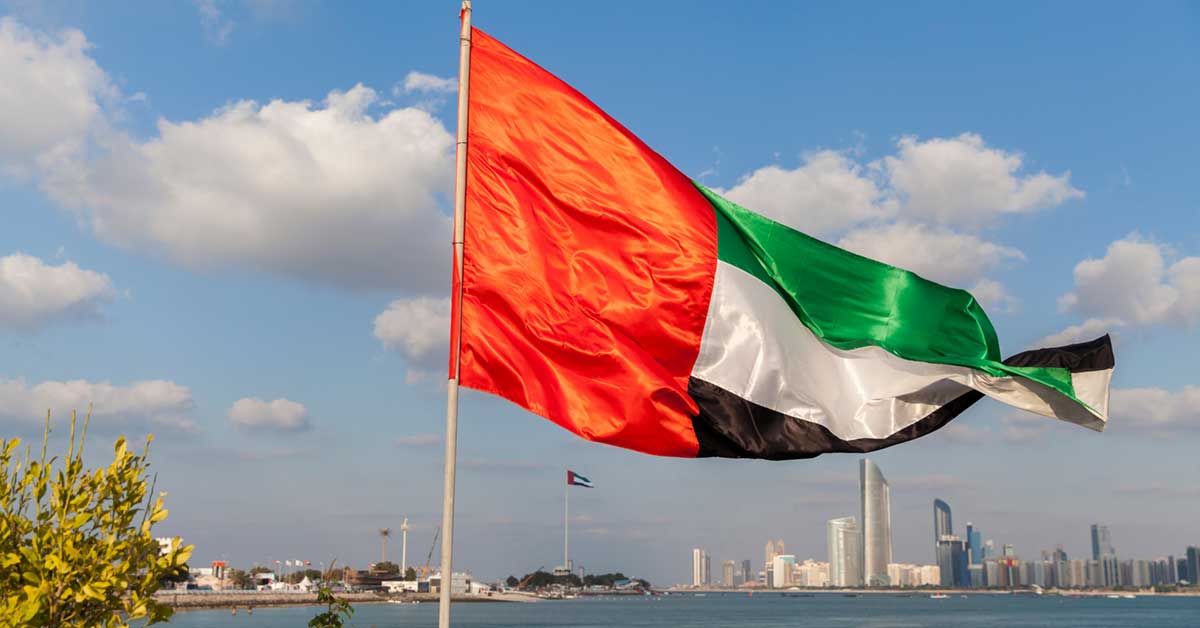The History of the UAE: From Desert Tribes to Global Hub

The History of the UAE: From Desert Tribes to Global Hub
The UAE’s journey from a land of desert tribes to one of the world’s leading global hubs is extraordinary. What was once a region defined by Bedouin culture, pearl diving, and trade routes is now known for its skyscrapers, cutting-edge technology, and economic power. This transformation offers a fascinating insight into the UAE’s cultural heritage and the visionary leadership that turned it into a thriving modern nation.
Understanding the UAE’s history provides a unique perspective on this remarkable nation’s rich culture and rapid growth. For tourists and residents, this journey reveals the UAE’s evolution from humble beginnings to a dynamic player on the world stage. This deep-rooted heritage, influenced by its Bedouin past, pearl diving economy, and strategic trade position, is critical to appreciating the UAE’s distinct identity and modern achievements.
1. Ancient Roots and Tribal Life
The UAE’s history stretches back thousands of years, with archaeological evidence showing early human settlements in the region. The Bedouin tribes, known for their resilience and adaptability to the harsh desert environment, played a central role in shaping Emirati culture.
- Key Figures & Events: Early tribal leaders who maintained social structures and trade.
- Cultural Impact: Bedouin customs, hospitality values, and traditions like falconry and camel herding are still part of the UAE’s identity today.
- Significance: The ancient lifestyle highlights the resourcefulness and unity that defined early Emirati society.
2. The Rise of Pearling and Maritime Trade
Pearling became one of the most significant industries in the UAE during the late 19th and early 20th centuries, providing income and international trade connections.
- Economic Importance: The wealth from pearl diving transformed coastal communities and laid the foundation for trade with other Gulf nations.
- Cultural Impact: Pearl diving fostered a unique maritime culture and promoted community unity.
- Significance: This era contributed to the UAE’s future role as a trading hub and is still celebrated in the country’s cultural festivals.
3. The Influence of the British Empire
In the early 19th century, the British Empire established treaties with the Trucial States (now the UAE) to secure peace and safe passage for their trade routes.
- Key Events: The Trucial States treaties of 1820 and the 1892 protectorate agreement.
- Impact on Governance: These treaties offered protection while setting the foundation for structured governance, leading to improved stability.
- Significance: The British influence helped to unify the region and pave the way for modern infrastructure and governance in the UAE.
4. Discovery of Oil and Economic Transformation
The discovery of oil in the 1950s marked a pivotal point for the UAE. Revenue from oil exports led to an unprecedented economic transformation, funding infrastructure, healthcare, and education.
- Key Figures: Sheikh Zayed bin Sultan Al Nahyan envisioned a future built on tradition and modernization.
- Impact on Society: Rapid urbanization, improved quality of life, and access to modern amenities.
- Significance: Oil wealth catalyzed the UAE’s development, creating the foundation for its status as a prosperous nation.
5. Unification of the Emirates (1971)
On December 2, 1971, the United Arab Emirates was established as a federation of seven emirates under the leadership of Sheikh Zayed bin Sultan Al Nahyan. This unification provided stability and a shared vision for growth.
- Key Event: The signing of the union agreement, which marked the official birth of the UAE.
- Impact on Identity: Created a solid national identity rooted in Islamic values and Emirati heritage.
- Significance: Unification transformed the UAE into a model of cooperation, resilience, and progress, inspiring its development.
6. Modern Growth and Global Influence
Today, the UAE is a global business, tourism, and innovation hub. Dubai and Abu Dhabi have emerged as international destinations known for their iconic skyscrapers, cultural attractions, and technological advancements.
- Key Milestones include Dubai’s Burj Khalifa, Expo 2020, Abu Dhabi’s Louvre Museum, and the UAE’s space exploration program.
- Impact on the Global Stage: The UAE is a forward-looking nation committed to sustainability, innovation, and cultural preservation.
- Significance: The UAE’s success story has set a benchmark for rapid development and demonstrates how strategic vision can transform a nation.
Conclusion
The UAE’s history is a journey of resilience, unity, and vision, from its early days of tribal life and pearl diving to its modern status as a global powerhouse. Each period has contributed to the nation’s unique identity and world presence. To truly understand the UAE, explore its cultural and historical sites and connect with the stories of its people. For a more profound experience, consider our client’s guided tours and services to bring the UAE’s vibrant history to life.



